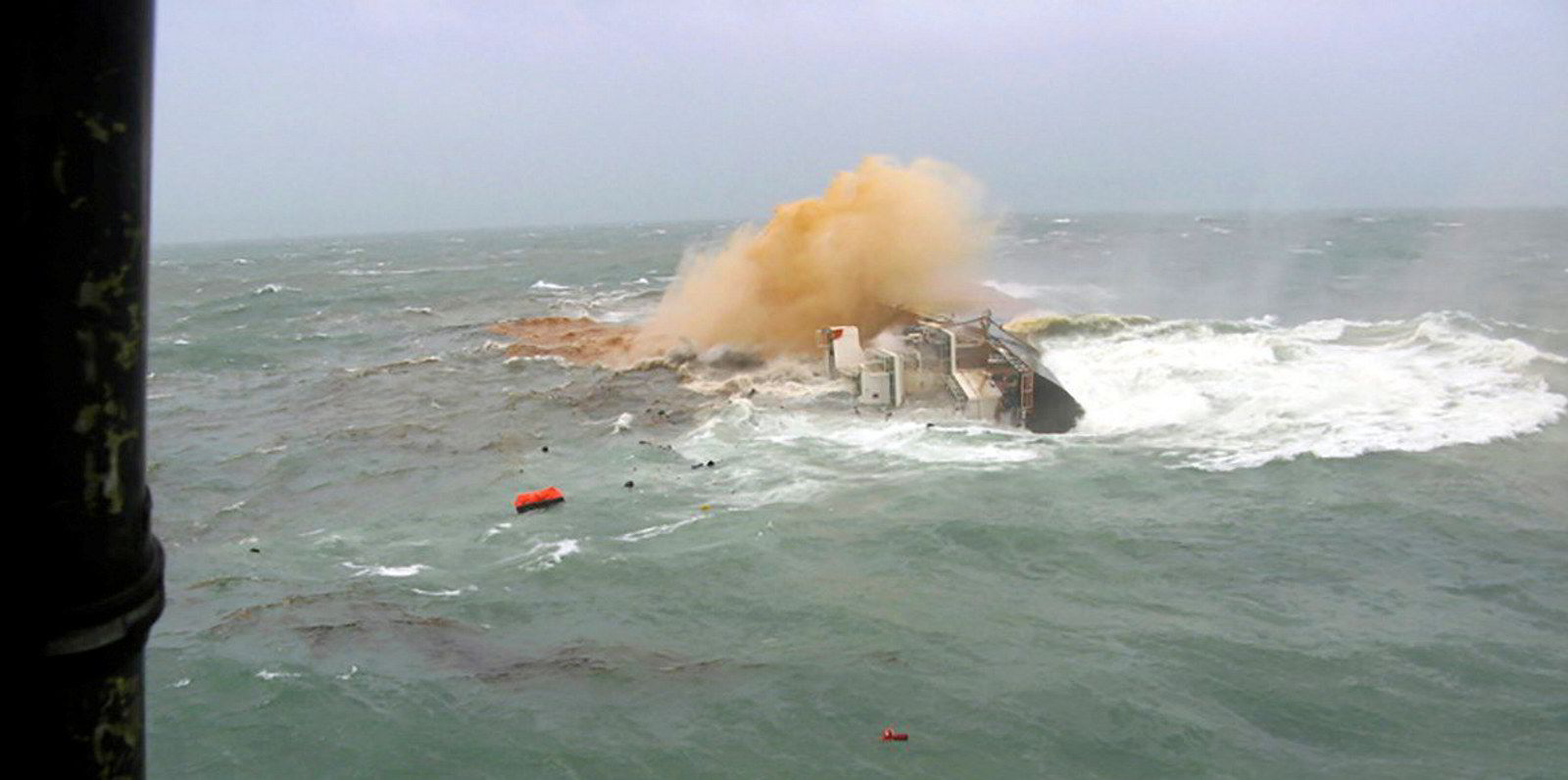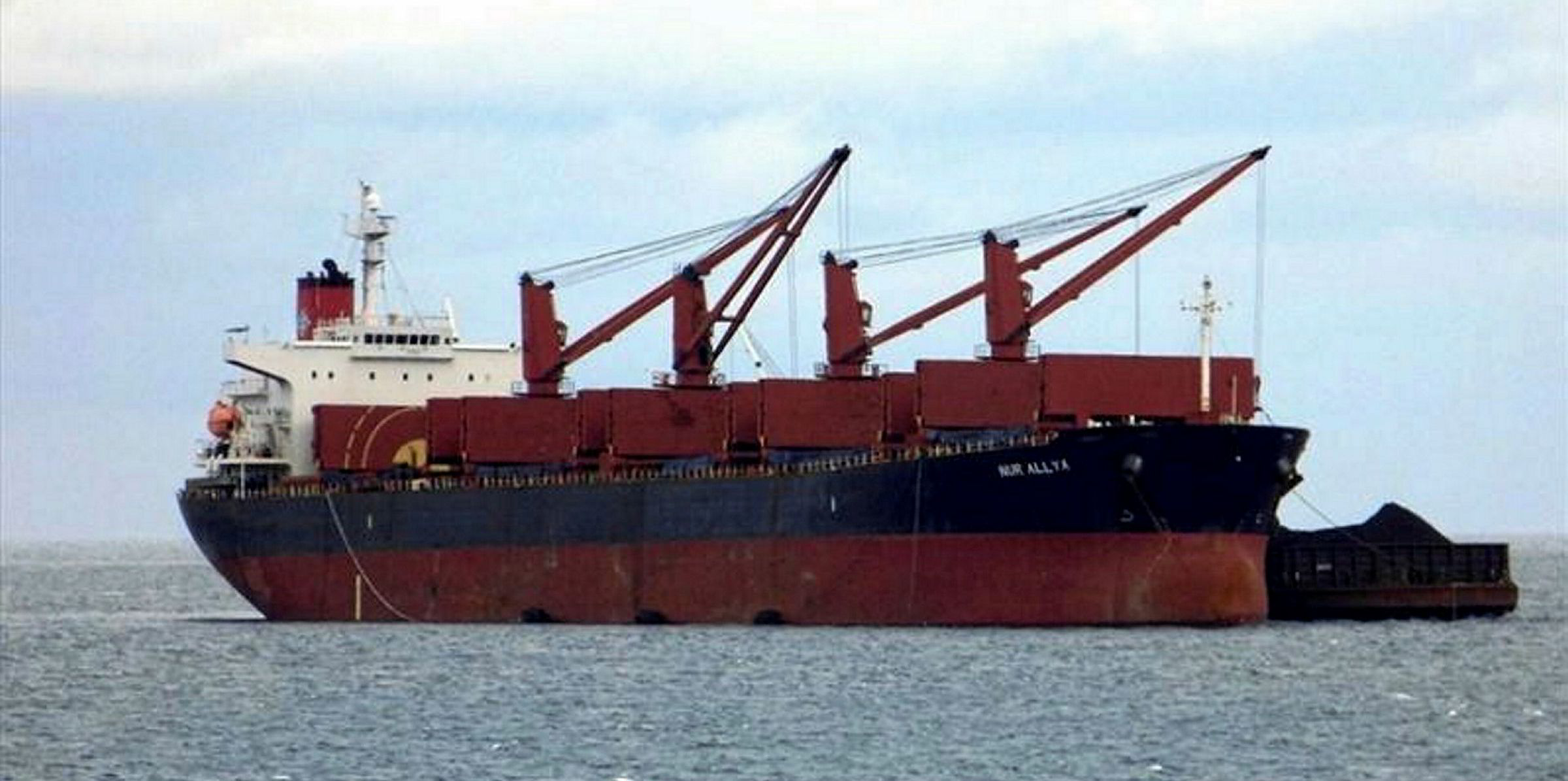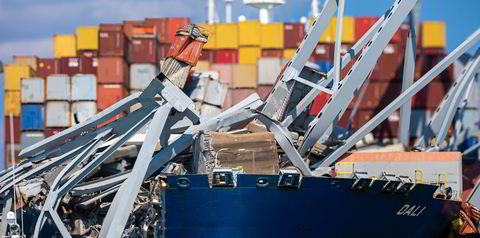The International Group of P&I Clubs has issued a stark warning over bulker safety due to potential liquefaction of cargoes originating in Sierra Leone.
Shipments of iron ore fines are of increasing concern, the association of protection and indemnity mutuals said.
This is particularly the case for material arising from a phased restart of iron mines in the region and with vessels loading in the port of Pepel.
"The International Group understands that some cargoes of iron ore fines intended for shipment from the port of Pepel have been stockpiled outdoors uncovered for a prolonged period posing a particular risk of liquefaction during the wet season," the group said.
It is also understood that some cargoes intended for shipment from Pepel have previously been considered too low grade for export and have again been left in uncovered stockpiles for long periods.
Beware the blends
The insurers believe these are now being blended with higher grade materials for export.
Dry bulk industry association Intercargo said last year that 39 bulkers with 173 seafarers were lost over the previous decade.
Cargo shift and liquefaction was cited as one of the greatest concerns.
Suspected cargo failure was the likely cause of eight bulker casualties that led to 106 seafarers losing their lives between 2010 and 2019.
"Members should be aware that iron ore fines shipped from Pepel with a high moisture content may liquefy," the International Group said.
When the moisture content is above 14% the risk of liquefaction is very high. Typically, iron ore fines from the region will display moisture contents of between 13% and 16% during the wet season.
Check deeper
Owners were warned it is normal for the upper surfaces of any stockpiled material to appear relatively dry during the dry season, but to be wet at increasing depths.
Shippers have been advised to carefully monitor, identify and separate materials that require stockpiling and draining.
The International Group said their members should also be aware that "anomalies and inconsistencies" have been seen in declarations and test certificates provided by shippers for iron ore fines loaded for shipment from Pepel.
"That would suggest that some shippers are not adequately assessing or understanding the safety characteristics of the material intended for loading," the group said.
Declarations and test certificates should be secured well in advance of loading, owners were told.





